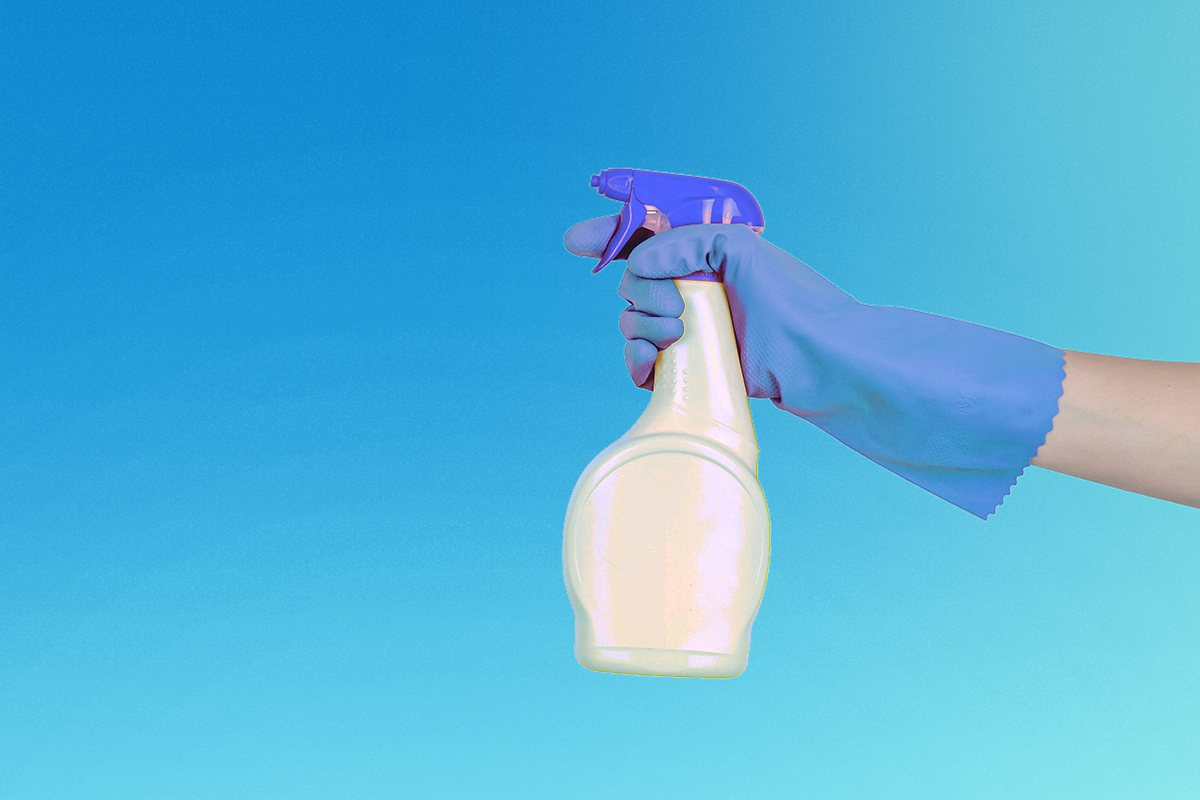Importance & Necessity of Disinfecting Medical Carts on Wheels

It is difficult to imagine a modern healthcare facility without mobile medical carts or computer carts. However, this type of medical equipment is frequently used, touched, and manipulated by multiple personnel, from nurses to doctors, increasing transmission risks.
As a medical cart manufacturer, we understand the importance of keeping medical equipment clean and free of viruses, microbes, and other infectious agents. Our medical carts are designed to be as easy to clean as possible, featuring rounded plastic elements and no hard-to-reach corners or crevices. You can find our cleaning guide on the right side panel or here.
To preserve your patients’ health and safety, you must implement stringent hygiene and infection control protocols. Learn about the best infection control practices for medical carts and why these protocols are essential in any healthcare setting.
Why Cleaning & Disinfecting Med Carts is Critical
According to a 2017 study, medical carts on wheels are among the items a healthcare worker touches most, alongside IV pumps, patient beds, and bedside tables. 43% of physical interaction sequences involve touching a patient and a mobile medical cart.
Another study conducted in 2016 revealed that the average computer and laptop keyboards carry over 3.5 million colony-forming units per square inch. That’s well over 20,000 times the bacteria on an average toilet seat.
These statistics highlight the critical nature of routine cleaning and regular disinfection and sterilization of medical equipment, including medical computers on wheels. Even if your personnel practice excellent hand hygiene, medication carts may act as vectors for germs and other infectious agents, endangering patients and staff.
The most common risks associated with improper cleaning protocols are healthcare-associated infections (HAIs). Organisms responsible for HAIs include:
Cleaning Medical Carts
It is critical not to confuse cleaning with disinfecting. Although the processes seem similar at first glance, they fulfill different purposes and require separate equipment.
Power down and unplug any electronic peripherals before starting the cleaning process.
If applicable, remove detachable elements from the cart such as drawers, bins, and sliding trays and clean them separately.
Use a cloth made of soft, non-abrasive materials. Dampen the cloth with a cleaning solution (60% water, 40% isopropyl alcohol) and wipe every plastic element and metal surface, including the central shaft, base, and caster.
This cleaning solution helps you remove visible soiling, such as dirt, dust, grime, stains, blood, or other accumulates and bodily fluids.
Disinfecting Medical Carts
After completing a cleaning procedure, you may use a microfiber cloth dampened with an EPA-registered, hospital-grade disinfectant solution to clean the cart and any detachable elements.
These solutions are EPA approved for antimicrobial use and effective for eliminating multiple strains of highly-infectious organisms.
Common examples of hospital-grade disinfectants include the following:
One of the best ways to clean a medical cart is to use bleach-free, medical-grade disinfectant wipes. These disposable wipes typically offer 99.9% or higher efficiency against germs, viruses, and other infectious organisms. Use as many wipes as necessary to clean the cart’s plastic and metal surfaces, including the bins, trays, and cabinets.
Sterilizing Medical Carts
Sterilization is the most advanced form of decontamination, which kills most if not all microorganisms, including harmless or non-infectious agents. Various sterilization processes exist for medical equipment. Each requires specialized equipment and trained personnel.
The most common methods available to hospitals are:
OPENING HOURS
| Week Days – TX |
8:00 – 4:30 CT |
| Week Days – PA |
8:00 – 4:30 EST |
